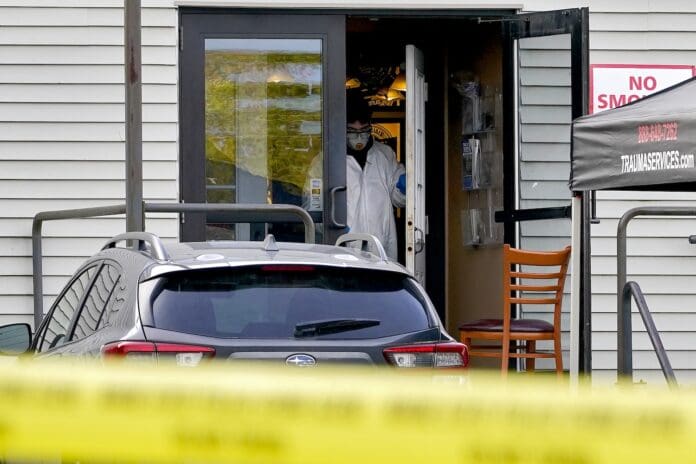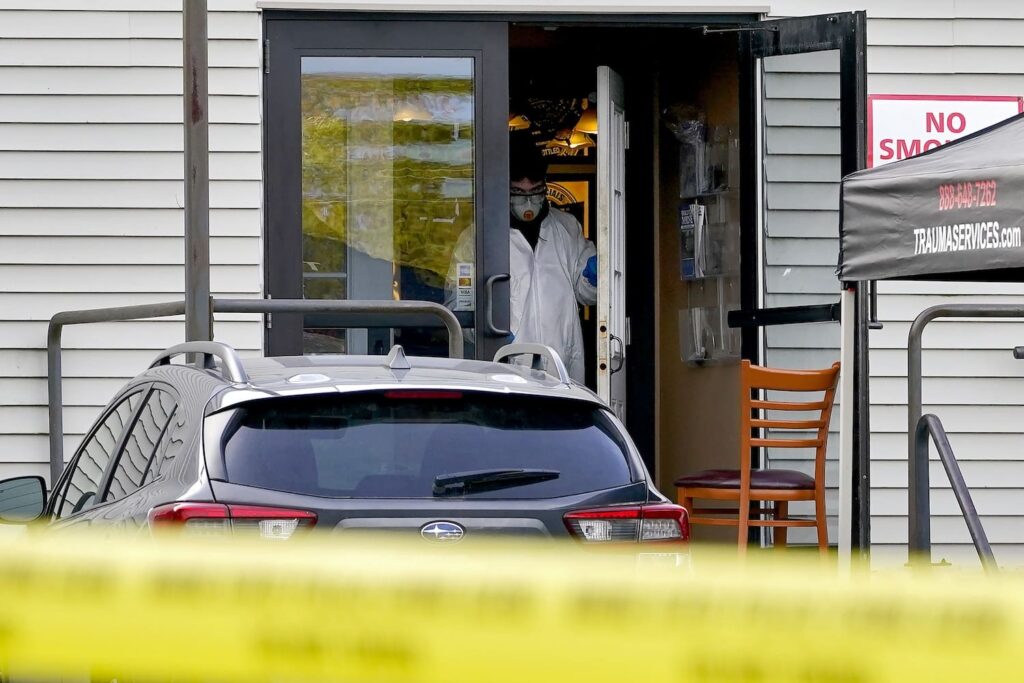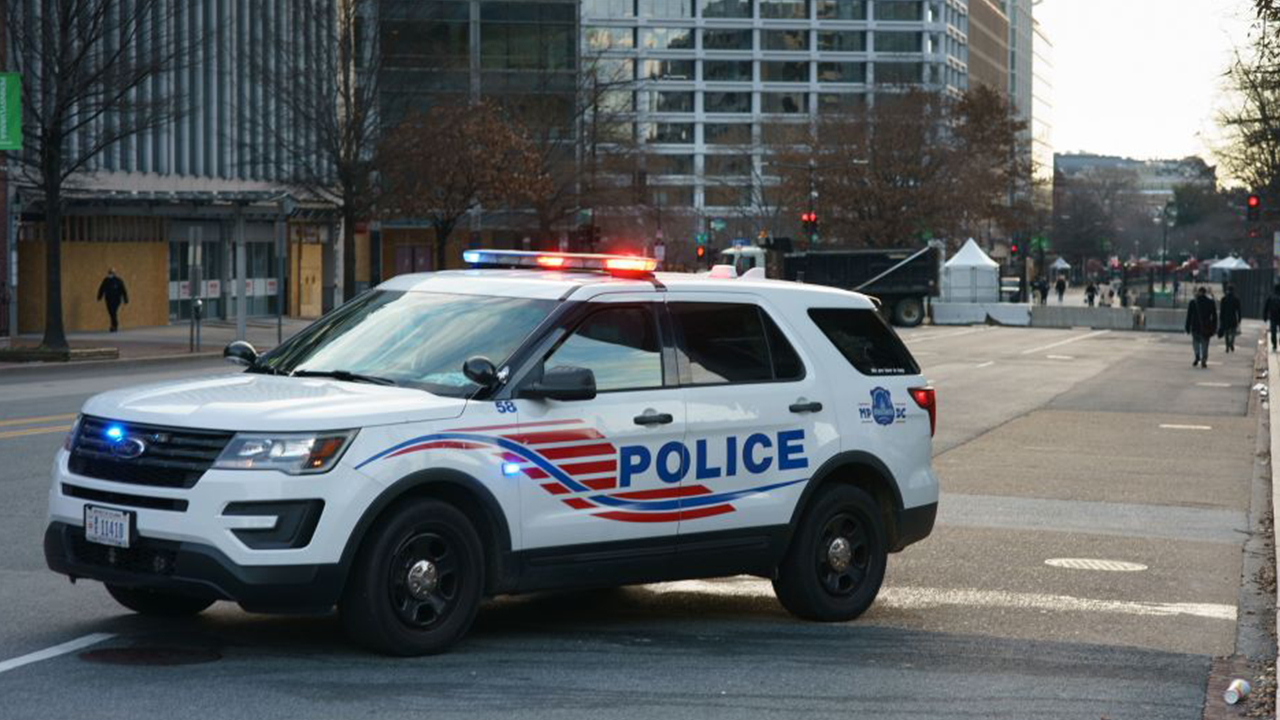
The Maine Legislature last week approved comprehensive legislation that could impact gun ownership in the state, including background checks on private gun sales, waiting periods for gun purchases and criminalizing gun sales to prohibited individuals. Many of the new laws are simply twists on long existing laws that haven’t been properly enforced. The legislation comes nearly six months after the deadliest shooting in state history, a tragedy that Democrats oft invoked as they worked to implement their anti-gun agenda and tinker with laws that have failed to prevent such shootings in the past.
Democratic Gov. Janet Mills and the Democratic-led Legislature advocated for various gun and mental health proposals following the shooting that claimed 18 lives and injured 13 others. Despite the state’s strong hunting tradition and gun ownership, most of these proposals were adopted.
“We heard loud and clear from Mainers across our state that they wanted meaningful action to make our communities safer from violence, and I’m so proud that we had the courage to take meaningful steps that will get us closer to making that a reality,” said House assistant majority leader Rep. Kristen Cloutier, a Democrat from Lewiston.
The governor is expected to sign her bill, approved early Thursday, which would strengthen the state’s yellow flag law, enhance background checks for private gun sales, and criminalize reckless gun sales to prohibited individuals. Additionally, the bill allocates funds for violence prevention initiatives and establishes a mental health crisis receiving center in Lewiston.
“A sick person did a sick thing that day. And the Legislature and politicians are trying to capitalize on that to get their agendas passed,” said Ben Dyer, who was shot five times by the shooter in Lewiston, Maine. Dyer told ABC News that law-abiding gun owners are the ones who will suffer from the proposals while criminals, as usual, will ignore them. He noted “the state already had a yellow flag law but law enforcement officials didn’t use it to prevent the tragedy,” ABC reported.
Two other bills narrowly approved by the Senate on Wednesday await the governor’s review. These bills propose a 72-hour waiting period for gun purchases and a ban on bump stocks that can convert a weapon into a machine gun.
However, no action was taken on a proposal to institute a red flag law, sponsored by House Speaker Rachel Talbot Ross. This bill would have allowed family members to petition a judge to remove guns from individuals experiencing a psychiatric crisis. Critics argue that the state’s current yellow flag law, which places police at the forefront of the process, is overly complicated.
The legislative session saw intense deliberations, with lawmakers working through the night and into the morning to meet their adjournment deadline. The tragic shooting on Oct. 25 in Lewiston, Maine’s second-largest city, loomed over the session, prompting urgent calls for legislative action.
Survivors of the shooting expressed mixed feelings about the proposed laws. While some advocated for legislative action, others, like Ben Dyer, who was shot five times, were skeptical, contending that law-abiding gun owners would bear the brunt of the proposals while criminals would ignore them. Dyer emphasized that although the state already had a yellow flag law, law enforcement officials failed to utilize it to prevent the tragedy.
Republicans accused Democrats of exploiting the tragedy to advance their agenda. Republican Sen. Lisa Keim expressed concerns about the proposed legislation, characterizing it as the rehashing of old ideas. However, Democrats defended their actions, citing constituents’ calls for preventive measures against future attacks.
“My big concern here is that we’re moving forward with gun legislation that has always been on the agenda. Now we’re using the tragedy in Lewiston to force it through when there’s nothing new here,” Republican Sen. Lisa Keim told ABC News. “It’s the same old ideas that were rejected year after year.”
“For the sake of the communities, individuals and families now suffering immeasurable pain, for the sake of our state, doing nothing is not an option,” said the governor in late January when outlining her proposals during her State of the State address.
Read the full article here











